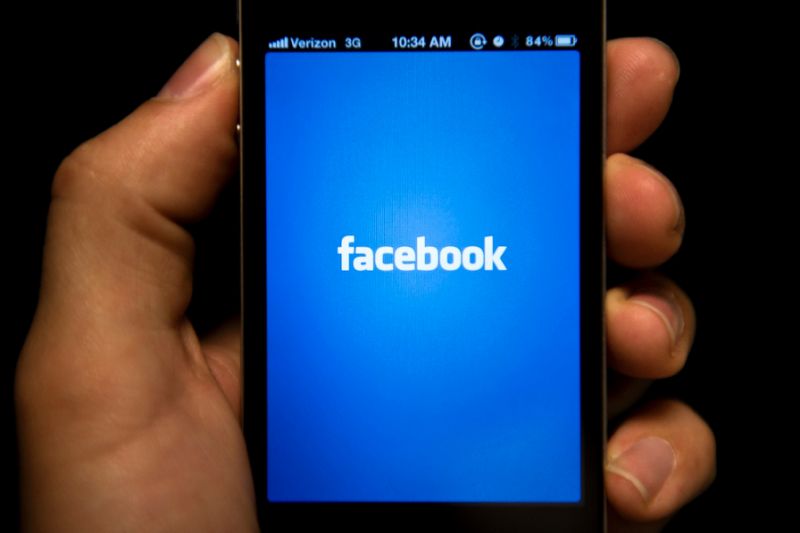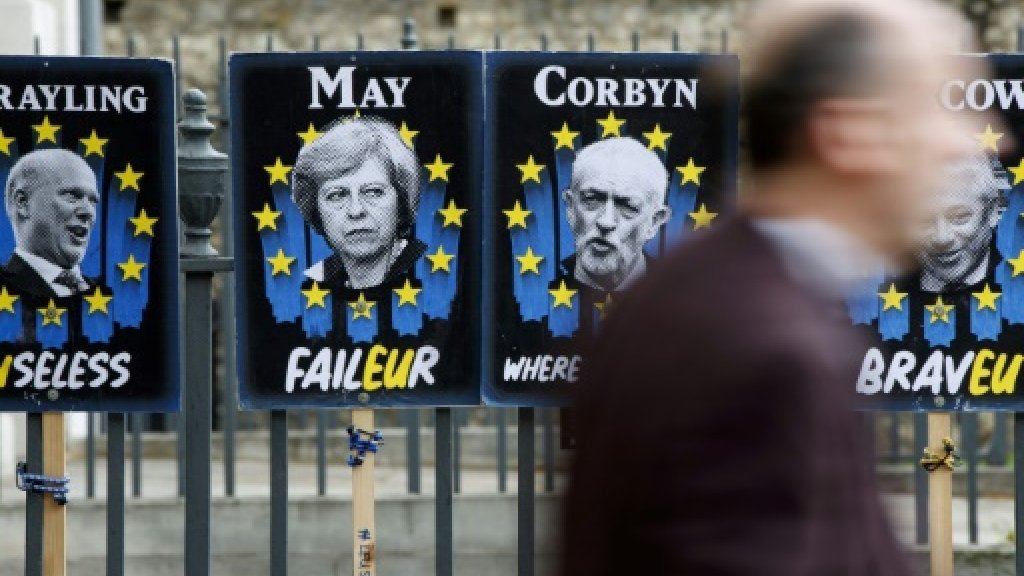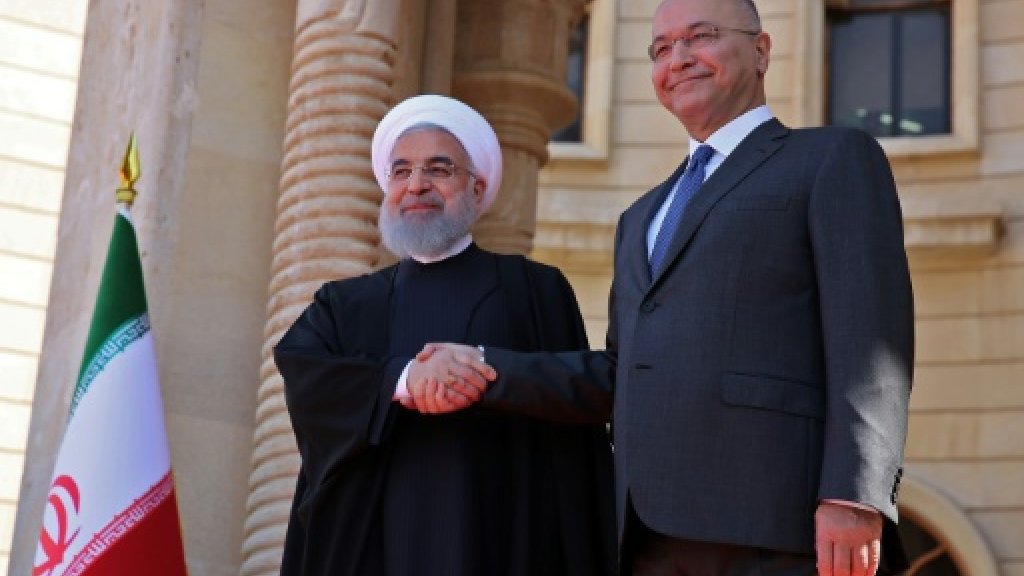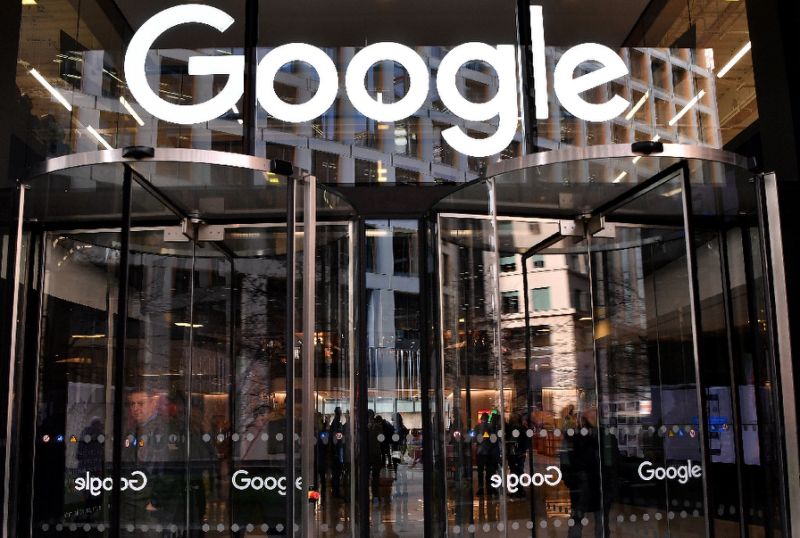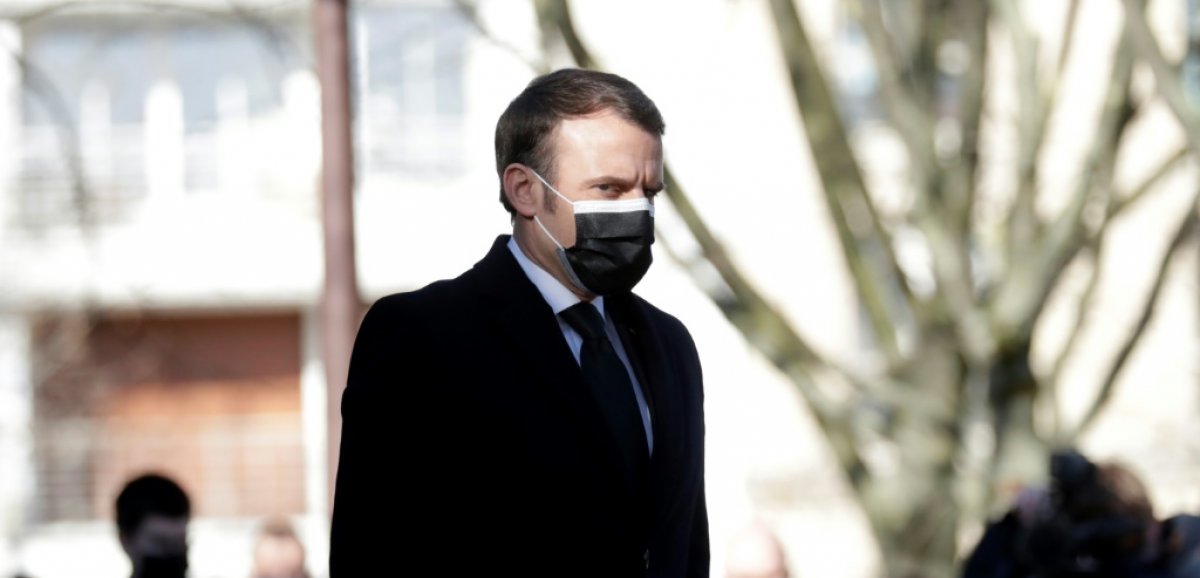Entreprise
ROKSTORIES ERROR: File not found: images/000000640px-Another_new_Santander_bank_-_geograph.org.uk_-_1710962.jpgFrance
Économie

El crudo estadounidense cayó este lunes casi un 20%, por debajo de los 15 dólares el barril en Asia, un nuevo mínimo en más de dos décadas, debido al desplome de la
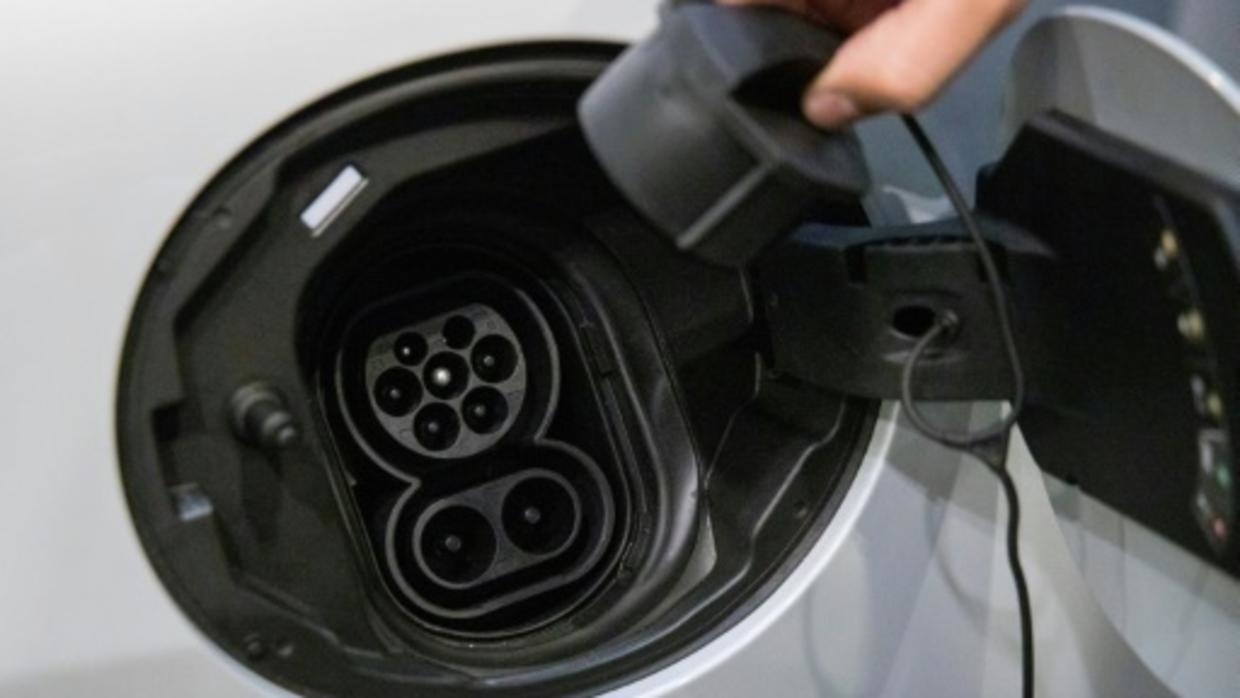
As Europe looks to declare its tech independence by becoming a leader in next-generation batteries, it will have to start by making its own graphite. The problem is, nearly all of it now comes
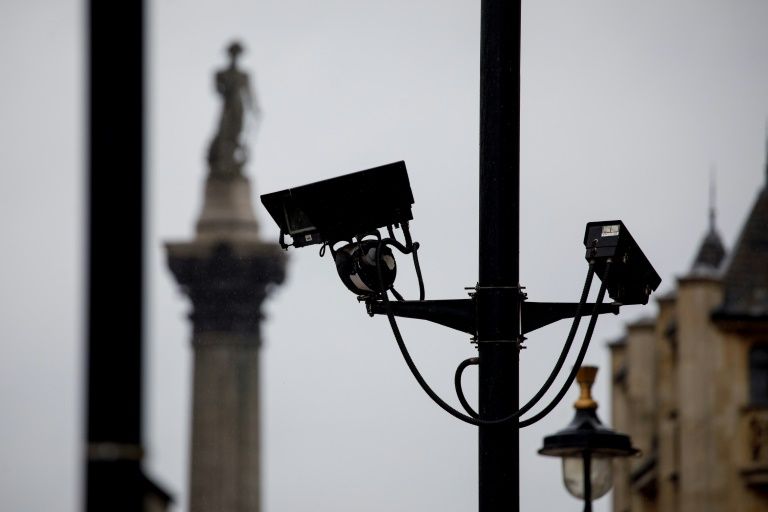
Amid fears of a Big Brother-style society ruled by machines, the EU will urge authorities and companies to think hard before rolling out facial recognition technology.
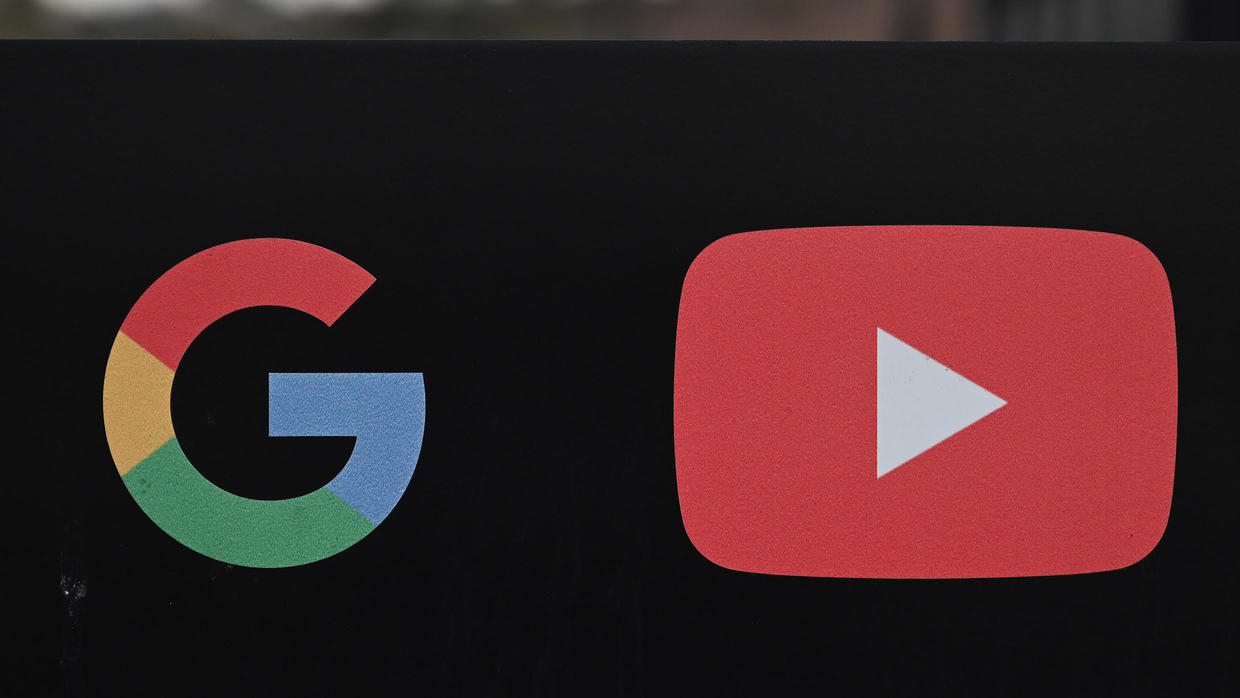
Google and the EU have a big day in court Wednesday as the search engine giant enters a new phase of a legal saga that began a decade ago.
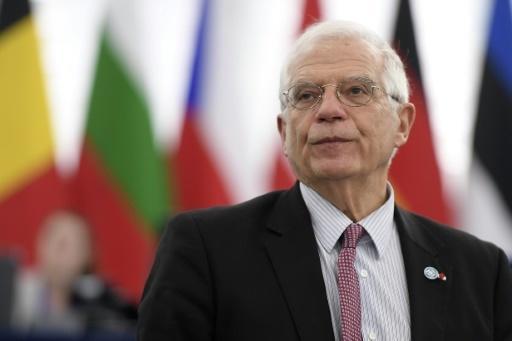
Top EU diplomat Josep Borrell was Monday due to visit Iran, said officials in Tehran and Brussels, on his first trip there since taking office, aiming to reduce rising tensions over the Islamic

European new car sales are expected to fall by two percent in 2020, their first decline in seven years, the industry trade association said Wednesday as it urged
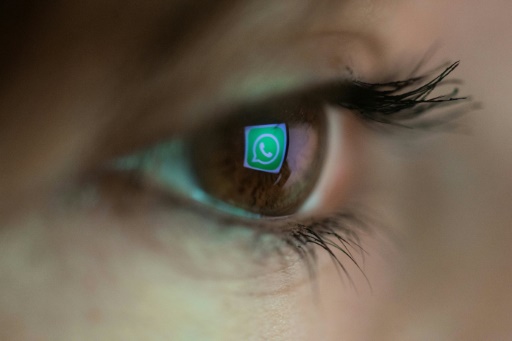
The EU will relaunch its deadlocked effort to more closely regulate internet phone and message services such as WhatsApp, Skype and Messenger, a top bloc official said on Tuesday.
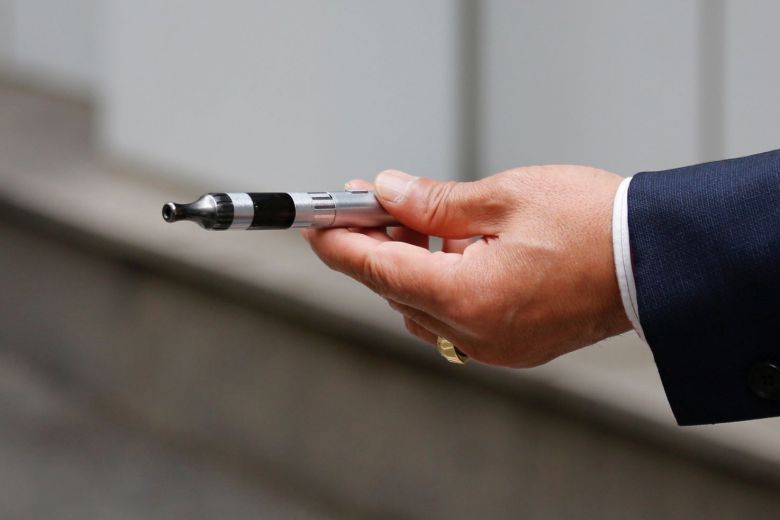
An 18-year-old man died in Belgium of respiratory failure that authorities on Thursday (Nov 14) attributed to vaping and a mixture of harmful products in an e-cigarette.
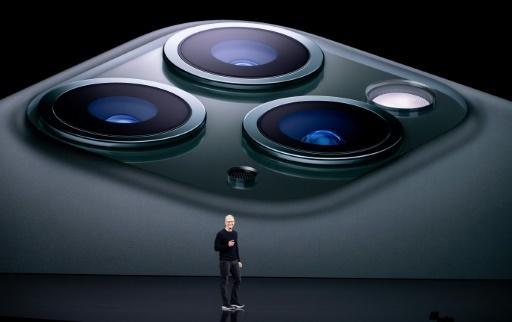
Apple went on the offensive against Brussels in an EU court on Tuesday, fighting the European Commission's landmark order that the iPhone-maker reimburse Ireland 13 billion euros

The European Medicines Agency, which is moving from Britain to Amsterdam because of Brexit, on Wednesday lost a court battle to cancel the lease on its London
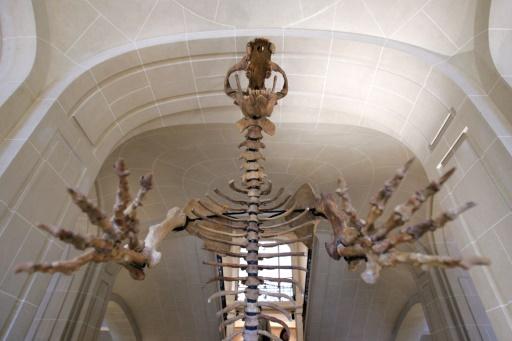
Analysis of a bear bone found in an Irish cave has provided evidence of human existence in Ireland 2,500 years earlier than previously thought, academics announced Sunday.
For decades, the earliest evidence of human life in Ireland dated from 8,000 BC.
But radiocarbon dating of a bear's knee bone indicated it had been butchered by a human in about 10,500 BC -- some 12,500 years ago and far earlier than the previous date.
"This find adds a new chapter to the human history of Ireland," said Marion Dowd, an archaeologist at the Institute of Technology Sligo who made the discovery along with Ruth Carden, a research associate with the National Museum of Ireland.
The knee bone, which is marked by cuts from a sharp tool, was one of thousands of bones first found in 1903 in a cave in County Clare on the west coast of Ireland.
It was stored in the National Museum of Ireland since the 1920s, until Carden and Dowd re-examined it and applied for funding to have it radiocarbon dated -- a technique developed in the 1940s -- by Queen's University Belfast.
The team sent a second sample to the University of Oxford to double-check the result. Both tests indicated the bear had been cut up by a human about 12,500 years ago.
The new date means there was human activity in Ireland in the Stone Age or Palaeolithic period, whereas previously, scientists only had evidence of humans in Ireland in the later Mesolithic period.
"Archaeologists have been searching for the Irish Palaeolithic since the 19th century, and now, finally, the first piece of the jigsaw has been revealed," Dowd said.
Three experts further confirmed that the cut marks on the bone had been made when the bone was fresh, confirming they dated from the same time as the bone.
The results were revealed in a paper published in the journal Quaternary Science Reviews.
As well as pushing back the date of human history in Ireland, the find may have important implications for zoology, as scientists have not previously considered that humans could have influenced extinctions of species in Ireland so long ago.
"From a zoological point of view, this is very exciting," Carden said. "This paper should generate a lot of discussion within the zoological research world and it's time to start thinking outside the box? or even dismantling it entirely!"
The National Museum of Ireland noted that approximately two million more specimens are held in its collections and could reveal more secrets.

In a milestone for artificial intelligence, a computer has beaten a human champion at a strategy game that requires "intuition" rather than brute processing power to prevail, its makers said Wednesday.
Dubbed AlphaGo, the system honed its own skills through a process of trial and error, playing millions of games against itself until it was battle-ready, and surprised even its creators with its prowess.
"AlphaGo won five-nil, and it was stronger than perhaps we were expecting," said Demis Hassabis, the chief executive of Google DeepMind, a British artificial intelligence (AI) company.
A computer defeating a professional human player at the 3,000-year-old Chinese board game known as Go, was thought to be about a decade off.
The clean-sweep victory over three-time European Go champion Fan Hui "signifies a major step forward in one of the great challenges in the development of artificial intelligence -- that of game-playing," the British Go Association said in a statement.
The two-player game is described as perhaps the most complex ever designed, with more configurations possible than there are atoms in the Universe, Hassabis says.
Players take turns placing stones on a board, trying to surround and capture the opponent's stones, with the aim of controlling more than 50 percent of the board.
There are hundreds of places where a player can place the first stone, black or white, with hundreds of ways in which the opponent can respond to each of these moves and hundreds of possible responses to each of those in turn.
"But as simple as the rules are, Go is a game of profound complexity. There are 1,000,000,000,000,000,000,000,000,000,000,000,000,000,000,000,000,000,000,000,000,000,000,000,000,000,000,000,000,000,000,000,000,000,
000,000,000,000,000,000,000,000,000,000,000,000,000,000,000,000,000,000,000,000,000,000,000,000 possible positions," Hassabis explained in a blog.
Such a search base is "too enormous and too vast for brute force approaches to have any chance," added his colleague David Silver, who co-authored the paper in the science journal Nature.


